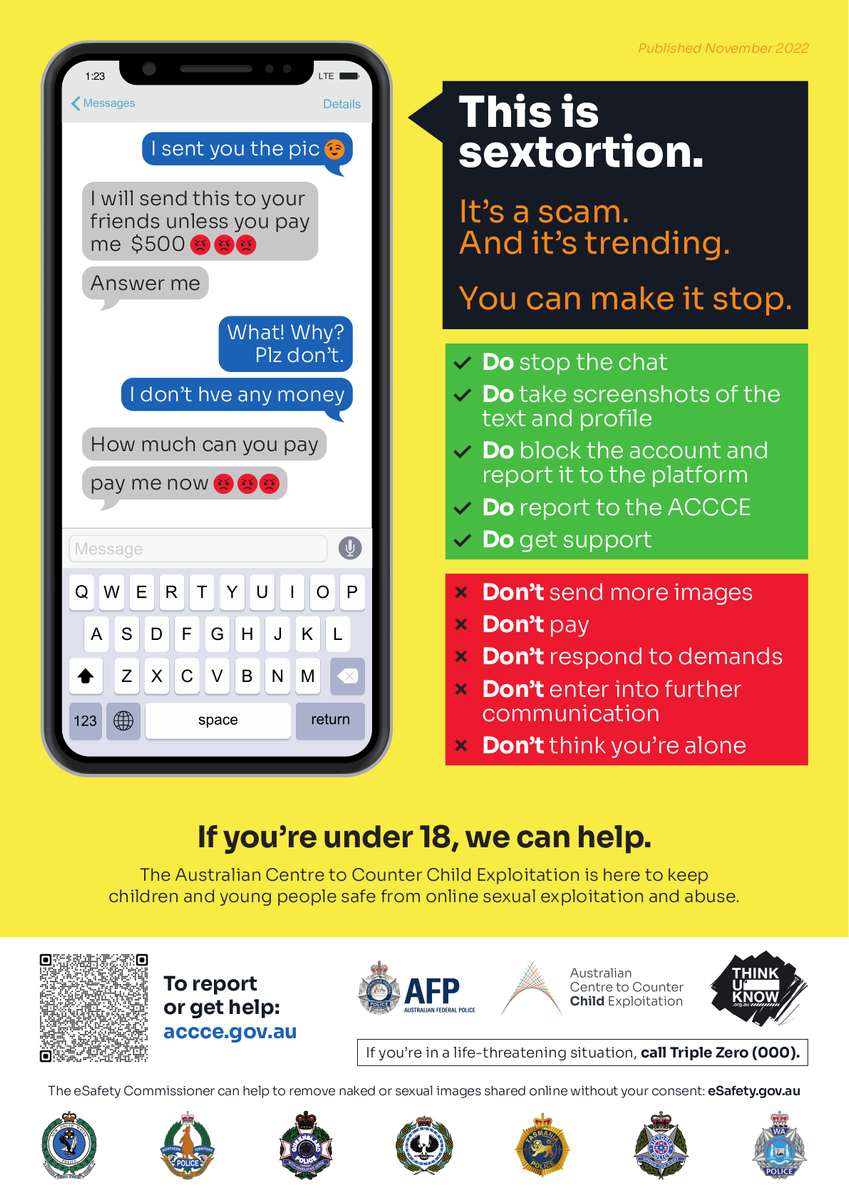PRINCIPAL
STEPHEN WATT
Stephen.Watt@education.wa.edu.au

PRINCIPAL
STEPHEN WATT
Stephen.Watt@education.wa.edu.au
Last Sunday we welcomed our new families and students to the College for the Transition program. It was lovely to be able to meet everyone and give them a chance to come to grips with our programs, routines and systems. My thanks to those parents who provided positive feedback about the program. I remind families once again to contact us if you have any questions or concerns; I would much prefer to hear about an issue earlier so we can deal with it before it gets larger.
Mobile Phone Bans
I am really pleased with the amount of positive feedback we have had about banning mobile phones during the day. To move forward we are installing lockers at the rear of the administration building for Day students to store their phones. Students will need to bring their own lock but this will be better than office staff holding student phones during the day. Residential students will be expected to leave their phones in their rooms during the school day.
Sextortion
The following information came from the Australian Centre to Counter Child Exploitation.


The Australian Federal Police through the Australian Centre to Counter Child Exploitation is seeing a concerning global trend of teenage males being targeted to send explicit images of themselves and then blackmailed. This is called sexual extortion, or sextortion.
The AFP is urging families to have important safety conversations ahead of the school holidays to prevent young people from becoming victim. This crime can have serious wellbeing and psychological impacts.
How does sextortion start?
What can families do?
The Australian Centre to Counter Child Exploitation is here to keep young people safe from online sexual exploitation and abuse.
You can make a report via accce.gov.au/report
For further information, resources and advice visit thinkuknow.org.au
Have a great weekend
Steve